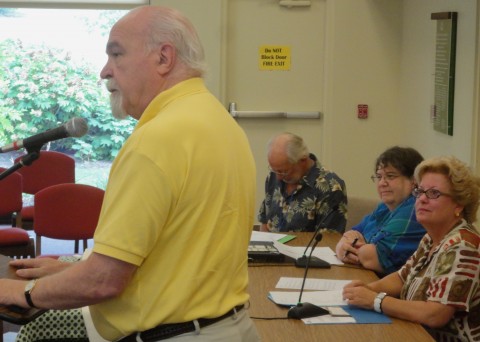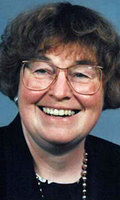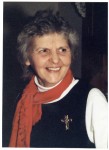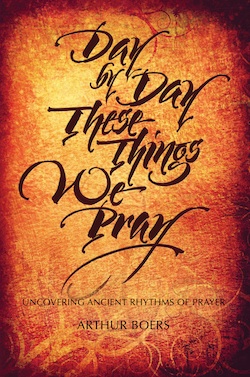A Catholic Call to Abolish the Death Penalty
There were two state-sanctioned executions in the United States on September 21, 2011. In Georgia, Troy Anthony Davis, an African American man, was put to death for the 1989 murder of Savannah police officer Mark MacPhail. In Texas, Lawrence Brewer, a white supremacist, was executed for his participation in the racist hate crime dragging murder of James Byrd in Jasper in 1998. As theologians, scholars, and social justice advocates who participate in the public discussion of Catholic theology, we protest the state-sanctioned killings of both of these men, and we call for the abolition of the death penalty in the US. Continue reading “Catholic theologians in the U.S. speak out against the death penalty”



 Doris Helen Murphy, age 74, of Ellsworth, Wis., passed away at home on Aug. 11 after a short illness.
Doris Helen Murphy, age 74, of Ellsworth, Wis., passed away at home on Aug. 11 after a short illness.
